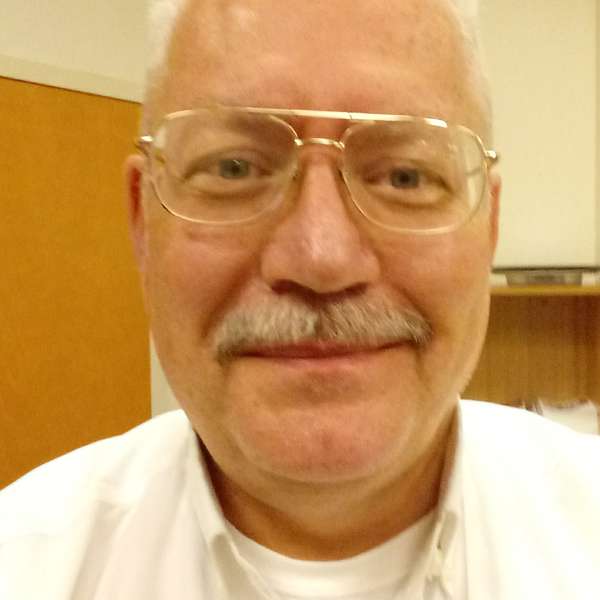
The Mad Scientist Supreme
The Mad Scientist Supreme
Human Genetic History
Human Genetic History
### Summary of Main Points:
1. **Human Ancestry**: The majority of modern human DNA originates from Africa, where early humans evolved and eventually spread across the globe, leading to the extinction of pre-human species.
2. **Interbreeding with Other Species**: As humans migrated out of Africa, they encountered other hominid species, such as Neanderthals in Europe and Denisovans in Asia. Evidence suggests that interbreeding occurred primarily between Neanderthal males and human females, resulting in a small percentage of Neanderthal DNA in modern Northern Europeans (2-5%) and Denisovan DNA in Asians (2-3%).
3. **Mitochondrial DNA**: All modern women can trace their ancestry back to a single African female who lived about 200,000 years ago, as mitochondrial DNA is passed down maternally. In contrast, the male lineage is harder to trace due to genetic markers becoming lost over generations.
4. **Extinction of Other Hominids**: The speaker posits that Neanderthals and Denisovans were likely driven to extinction by modern humans through competition for resources, rather than other factors like natural disasters.
5. **Human Impact on Ecosystems**: The speaker draws parallels between the extinction of large mammals in various regions (e.g., Australia and North America) shortly after human arrival, suggesting that humans played a significant role in these extinctions.
### Conclusions:
- Modern humans have a complex genetic heritage that includes significant contributions from interbreeding with Neanderthals and Denisovans, alongside a primary lineage from Africa.
- The extinction of other hominid species is likely attributed to human competition and predation rather than external factors.
- Understanding our genetic ancestry provides insight into human evolution and the impact of our species on the environment and other species throughout history.
The speaker expresses fascination with genetic ancestry and encourages reflection on the implications of our shared heritage.